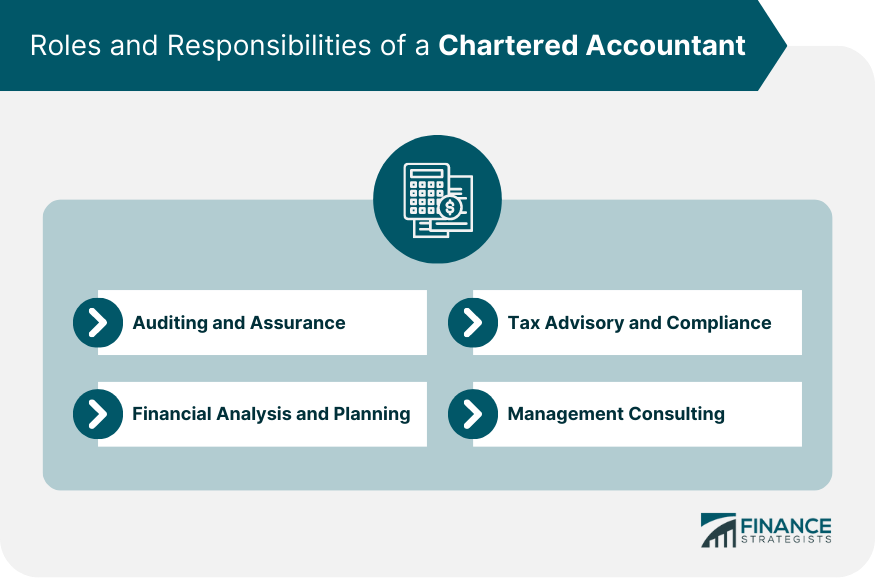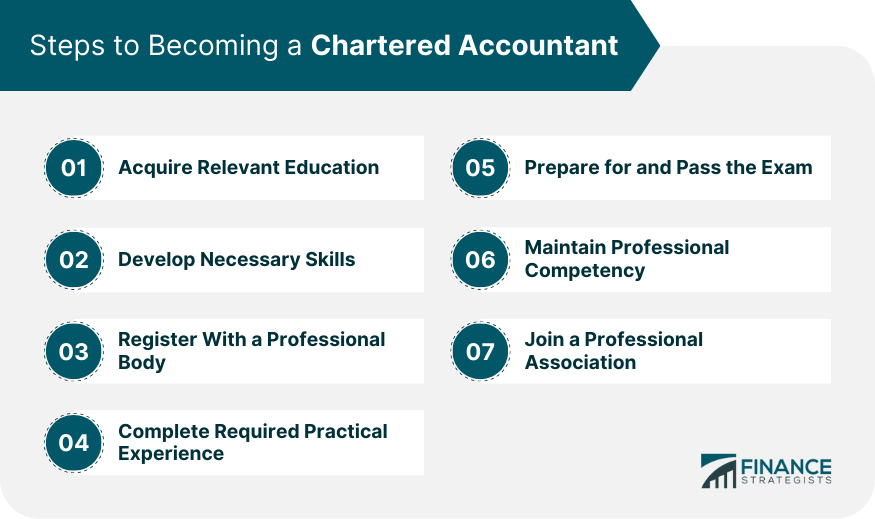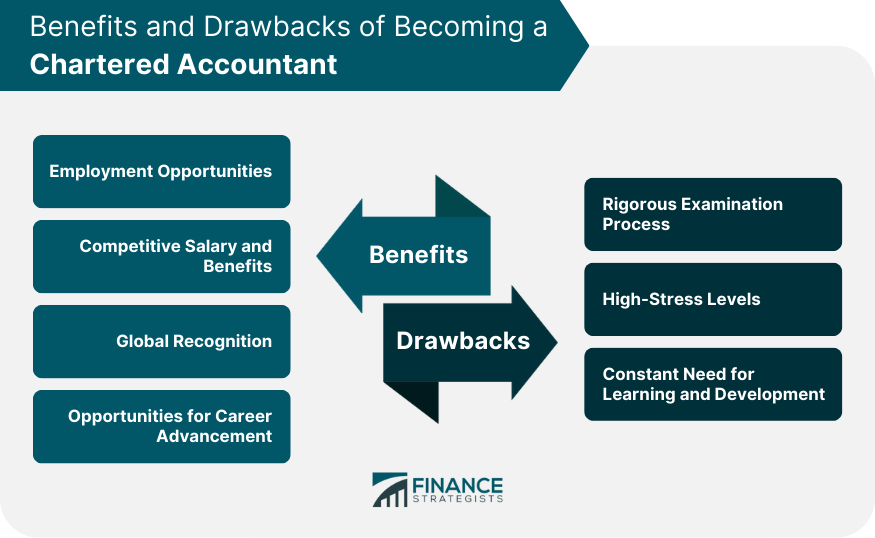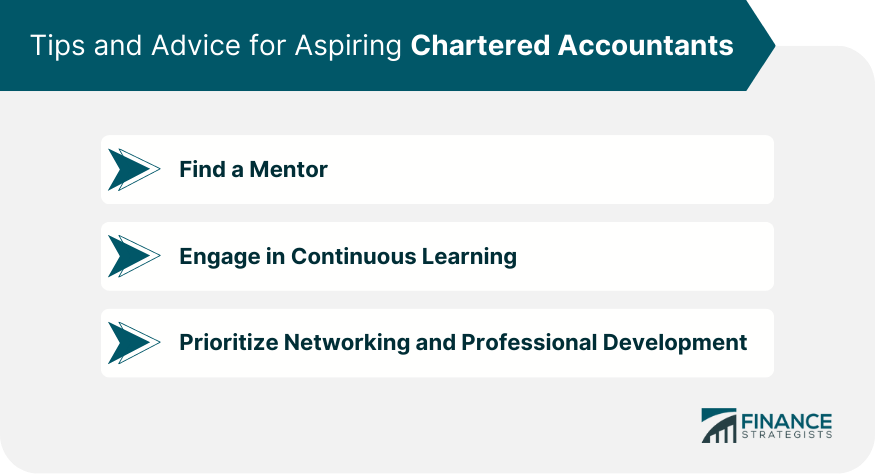A chartered accountant (CA) is a prestigious credential in the field of finance and accounting that holds international repute. Chartered accountants specialize in a variety of services, such as auditing, taxation, corporate finance, business recovery, and insolvency. The role of a chartered accountant is incredibly crucial, serving as the backbone of many financial operations within organizations. They ensure accuracy and legality in a company's financial records, provide financial advice, help improve profitability, and aid organizations in making informed and strategic decisions. Chartered accountants play a pivotal role in auditing – they ensure the accuracy of financial statements, compliance with laws and regulations, and test internal controls. CAs analyze financial data to provide insights into an organization's performance. They play an integral role in financial planning, helping businesses chart out their financial future. They also specialize in tax matters, providing advisory services, helping organizations plan their taxes effectively, and ensuring compliance with various tax laws. Chartered accountants often serve as management consultants, offering advice on improving profits, controlling costs, and increasing efficiency within the organization. Start by obtaining a bachelor's degree in finance, accounting, or a related field. Some professionals also pursue a Master's degree in Business Administration (MBA) or Accounting for better career prospects. In addition to formal education, develop critical skills such as business acumen, analytical thinking, attention to detail, and strong communication abilities. Depending on the country, register with a professional body that oversees the accounting profession. Some examples are the Institute of Chartered Accountants in England and Wales (ICAEW), American Institute of Certified Public Accountants (AICPA), or Institute of Chartered Accountants of India (ICAI). Often, you'll need to complete a certain amount of practical experience. This typically involves working under a qualified Chartered Accountant or in an accounting role. The Chartered Accountant examination is comprehensive and challenging, covering topics like financial accounting, taxation, audit, and management accounting. Thorough preparation is crucial to success. Once qualified, it's important to keep up with ongoing professional development requirements. This could involve attending workshops, seminars, and training, and staying up-to-date with changes in laws, regulations, and practices in the field. Joining a professional association provides opportunities for networking, professional development, and staying informed about industry trends. One of the biggest benefits of becoming a chartered accountant is the wide range of employment opportunities it presents. Chartered accountants are in demand in all sectors of business and finance, including public and private sectors, financial institutions, and government bodies. As critical contributors to an organization's financial health, chartered accountants often command a competitive salary. The specific pay varies depending on the country, the size and type of the employer, and the individual's experience level. The Chartered Accountant designation is globally recognized. This recognition often translates into opportunities to work in different countries and contexts, making it an attractive career for those interested in international work. The Chartered Accountant qualification can also significantly aid career advancement. CAs are often considered for high-level positions like Chief Financial Officer (CFO) or Finance Director in a company. The path to becoming a chartered accountant can be difficult and stressful. The examination process is quite rigorous, requiring a high level of commitment, determination, and hard work. Given the critical nature of their work, chartered accountants can often face high-stress levels, particularly during busy tax seasons or end-of-year audits. They often work long hours, which can impact work-life balance. The finance and accounting sector is continuously evolving with new rules, regulations, and practices. As a result, chartered accountants need to keep up-to-date with these changes, requiring a commitment to continuous learning and professional development. Embarking on the journey to become a Chartered Accountant can often feel overwhelming. Finding a mentor who is already a qualified CA can be invaluable in this journey. A mentor can provide firsthand insights into the profession, share their experiences, and offer practical advice on navigating the examination and certification process. Accounting and finance are dynamic fields with evolving practices, regulations, and technological tools. As such, engaging in continuous learning is essential for aspiring Chartered Accountants. This commitment goes beyond passing the CA examination. It involves consistently staying updated with new accounting standards, tax regulations, and changes in financial reporting. Attending workshops, seminars, and training sessions, subscribing to industry publications, and participating in webinars are excellent ways to keep your knowledge fresh and relevant. Building a strong professional network can open doors to job opportunities, provide learning experiences, and help you stay informed about industry trends. Networking can occur at professional events, industry conferences, and through online platforms like LinkedIn. Joining professional associations such as the American Institute of Certified Public Accountants (AICPA) or the Institute of Chartered Accountants in England and Wales (ICAEW) can provide substantial networking opportunities. These associations often host events, offer resources, and facilitate member interactions, contributing significantly to your professional development. Becoming a Chartered Accountant is a pursuit of prestige, promising a rewarding career in finance and accounting. The journey requires a commitment to education, skill development, and professional experience, culminating in the rigorous CA exam. The role of a CA is vital, offering expertise in auditing, financial planning, tax advisory, and management consulting, which are essential to the financial well-being of organizations. Although the path is challenging, with the potential for high-stress levels and the need for continuous learning, the benefits are considerable. Chartered Accountants enjoy a wide range of employment opportunities, competitive salaries, global recognition, and prospects for career advancement. Tips for aspiring CAs include finding a mentor, committing to lifelong learning, and prioritizing networking and professional development. Despite the challenges, the journey to becoming a Chartered Accountant can lead to a fulfilling and dynamic career in finance.What Is a Chartered Accountant?
Roles and Responsibilities of a Chartered Accountant
Auditing and Assurance
Financial Analysis and Planning
Tax Advisory and Compliance
Management Consulting

Steps to Becoming a Chartered Accountant
Acquire Relevant Education
Develop Necessary Skills
Register With a Professional Body
Complete Required Practical Experience
Prepare for and Pass the Exam
Maintain Professional Competency
Join a Professional Association

Benefits of Becoming a Chartered Accountant
Employment Opportunities
Competitive Salary and Benefits
Global Recognition
Opportunities for Career Advancement
Drawbacks of Becoming a Chartered Accountant
Rigorous Examination Process
High-Stress Levels
Constant Need for Learning and Development

Tips and Advice for Aspiring Chartered Accountants
Find a Mentor
Engage in Continuous Learning
Prioritize Networking and Professional Development

Final Thoughts
How to Become a Chartered Accountant FAQs
The journey toward becoming a chartered accountant typically begins with a bachelor’s degree in finance, accounting, or a related field. Some also pursue a Master's degree in Business Administration (MBA) or Accounting to enhance their career prospects.
Successful Chartered Accountants possess a strong understanding of business operations, analytical skills, attention to detail, and a high level of integrity. They also have good communication skills as they often need to present complex financial information in a simplified manner.
Chartered accountants have a wide range of employment opportunities in both the public and private sectors, financial institutions, or government bodies. They often earn a competitive salary and have opportunities to work internationally due to the global recognition of their credential. The role also often leads to high-level positions within organizations.
The path to becoming a chartered accountant is rigorous and often stressful, with a challenging examination process. In their professional life, chartered accountants can face high-stress levels, especially during busy tax seasons or end-of-year audits. They must also commit to continuous learning and professional development due to the evolving nature of the finance and accounting sector.
Chartered accountants play critical roles in auditing, financial analysis and planning, tax advisory and compliance, and management consulting. They ensure the accuracy of financial statements, provide financial advice, help improve profitability, and aid organizations in making strategic decisions.
True Tamplin is a published author, public speaker, CEO of UpDigital, and founder of Finance Strategists.
True is a Certified Educator in Personal Finance (CEPF®), author of The Handy Financial Ratios Guide, a member of the Society for Advancing Business Editing and Writing, contributes to his financial education site, Finance Strategists, and has spoken to various financial communities such as the CFA Institute, as well as university students like his Alma mater, Biola University, where he received a bachelor of science in business and data analytics.
To learn more about True, visit his personal website or view his author profiles on Amazon, Nasdaq and Forbes.











